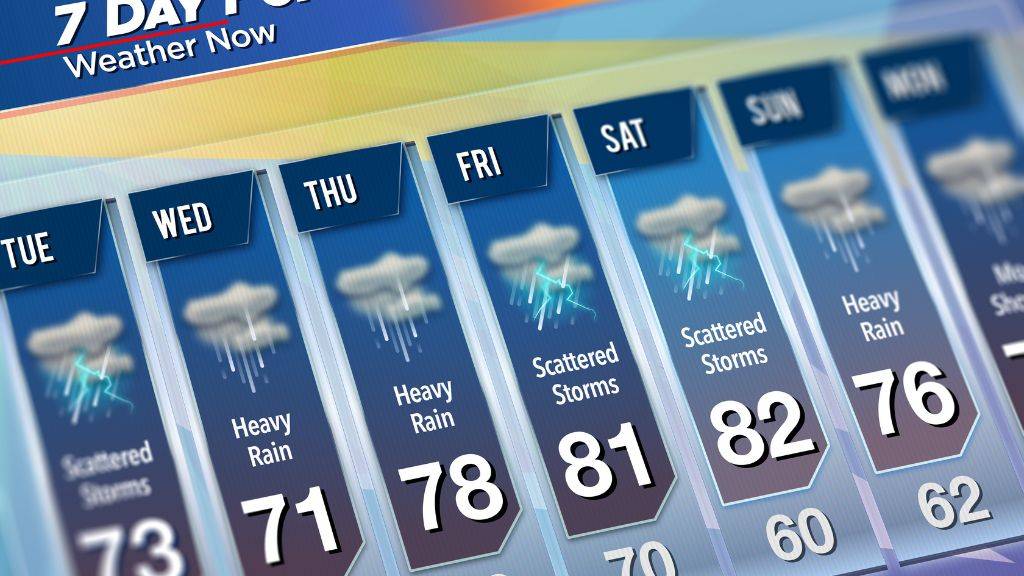The Best Roofing Materials for Maryland’s Weather Conditions
If you’re installing a new roof or planning a roof replacement, one of the most important decisions you’ll make is what material is used for your roofing system. Your roof contractor may recommend a specific roofing material based on your region’s climate, the architecture of your home, or your budget. Your roofing materials will need to withstand heavy winds and rains, snow, sleet, and hail. They should also be resistant to extreme temperatures, and local pests and wildlife. While all styles of roofing have their advantages and disadvantages, here’s a look at the best roofing materials for Northern Maryland’s weather conditions.
 Asphalt Shingle Roofs
Asphalt Shingle Roofs
Composite shingles, also called asphalt shingles, are a popular choice of roofing material for a reason. They are resistant to extreme weather conditions like heavy wind and rain, hail, and snow. They are also fire-resistant. Shingle roofs are very durable, but they are also porous and are susceptible to mold and mildew growth. Asphalt shingles are also low-maintenance and affordable. Most shingle roofs can last up to 25 years with proper care and maintenance.
Slate Shingle Roofs
Slate shingle roofs are perfect for homes in historic Maryland neighborhoods. They are classic, timeless, and beautiful. They are also very durable, and can last up to 100 years with the right care and maintenance. Slate shingles are fragile, however, and may become damaged or fall off in heavy winds. If this happens, it is easy to repair and replace slate shingles and restore your roof to its natural beauty.
Wood or Cedar Shingle Roofs
Wood and cedar shingle roofs add architectural interest to your home. They are thicker than asphalt shingles, and are wind resistant. They may become damaged by excessive rain and moisture, however. While shaker shingles are textured, cedar shingles are smooth and offer a more consistent, uniform look.
Metal Roofs
Metal roofs are popular for their durability and long lifespan. A metal roof can last up to 50 years when properly cared for and maintained. They require little maintenance, and can withstand heavy wind, rain, and hail. They are also fire-resistant. While they are more expensive, they are easy to repair and offer a great return on your investment due to their longevity.
Flat Roofs
While flat roofing doesn’t offer natural drainage options, it can be treated with a watertight coating to prevent water damage and reduce the risk of leaks. Your roof contractor can also install a water drainage system to direct stormwater and melted snow off of your roof and away from your home’s foundation. You can also install a gutter system to drain water off of your roof.
Roofing Treatments & Sealants
If you aren’t installing a new roof or completing a roof replacement, you can still make your roofing system more weatherproof using roofing treatments or sealants. These products reduce your risk of expensive storm damage and leaks by repairing gaps and cracks, making your roof more weather-resistant, and improving your roof’s solar reflectivity.
- Sealants – Roof sealants protect and repair your roof. They provide a protective seal that repels moisture and prevents water damage, and repairs minor leaks before they get worse. They can also limit sun exposure, fading, and sun damage. Some roof sealants will work on flat roofs or shingle roofs, while others are formulated for specific roofing materials. Your roof contractor will determine whether you need an acrylic, silicone, polyurethane, or rubber sealant. You may also be able to use sealant tape.
- Waterproofing membranes – Flat roofs typically require a waterproofing membrane, as the roof itself doesn’t drain water as easily as other styles of roofing. The most common flat roof membranes are BUR, EPDM, and PVC. A membrane roofing system creates a continuous watertight covering that protects the interior from leaks. BUR membranes are composed of layers of asphalt or coal tar and reinforcing fabric sheets. EPDM or ethylene propylene diene monomer rubber roofs are the most common type of thermoset roof membrane. They are carbon black and resistant to UV degradation. They reflect the sun’s rays to prevent sun damage, and are watertight to prevent water damage. PVC or polyvinyl chloride roofs are thermoplastic membranes that are resistant to penetration, cracks, and bacterial growth.
- Cementitious coating – Cementitious coating is a powder created from sand, organic and inorganic chemicals, and a silica based substance. The active ingredients are combined with lime to create a hydration reaction, which results in a waterproof seal. It is easy to utilize, low-maintenance, inexpensive, and durable.
Roofing Maintenance & Repairs
Keeping up with routine roofing maintenance and making timely roofing repairs will also protect your roof from damage by the elements. The sooner you notice and repair minor problems, the less likely they are to become bigger and more expensive. Most roof contractors recommend a professional roofing inspection every two to three years. However, if you live in an area with extreme weather and temperature, you may need an annual inspection. You should also conduct your own visual inspection seasonally to check for signs of cracks, mold and mildew growth, pest or animal infestations, water damage or pooling water, leaves and debris, or any signs of damage. Roofing maintenance services like replacing shingles, applying a new sealant, fixing minor leaks, and cleaning out debris and mold will extend the lifespan of your roofing system. You will also be less likely to experience major storm damage or serious leaks if you complete regular roofing maintenance.
Are You Looking for the Best Roofing Material in Northern Maryland?
If you’re considering a flat roof or shingle roof near Bel Air, Maryland, our roof contractors at Harford Roofing & Exteriors can help. We have decades of experience in roof inspections, roof installations, and roof replacement services. We can go over the pros and cons of each type of roofing material, and help you choose the right one for your new roof or roof replacement. To learn more or schedule a roofing assessment, call us today at (443) 292-6020 or request a quote online on our website.

